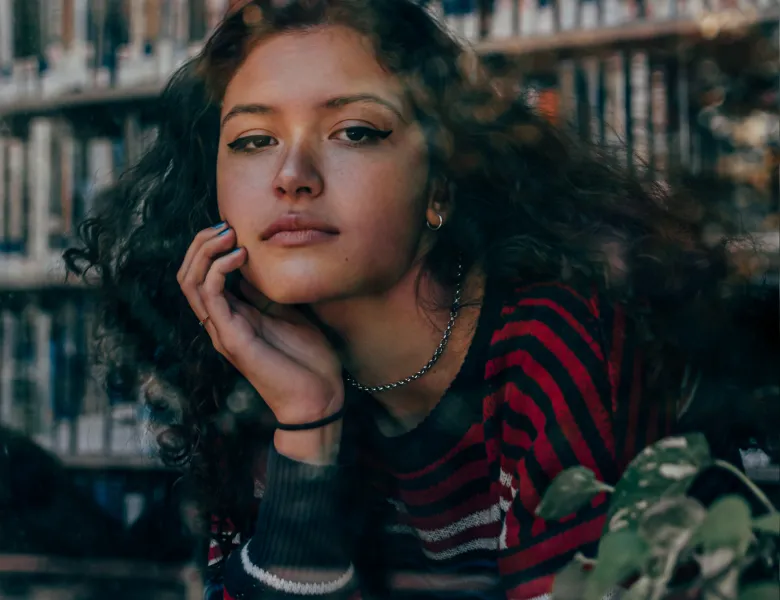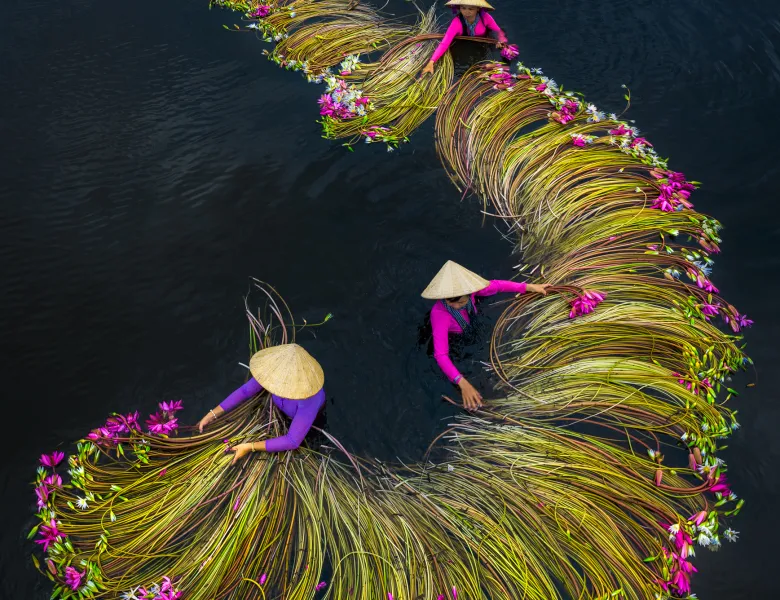Developing your practice: the language of photography
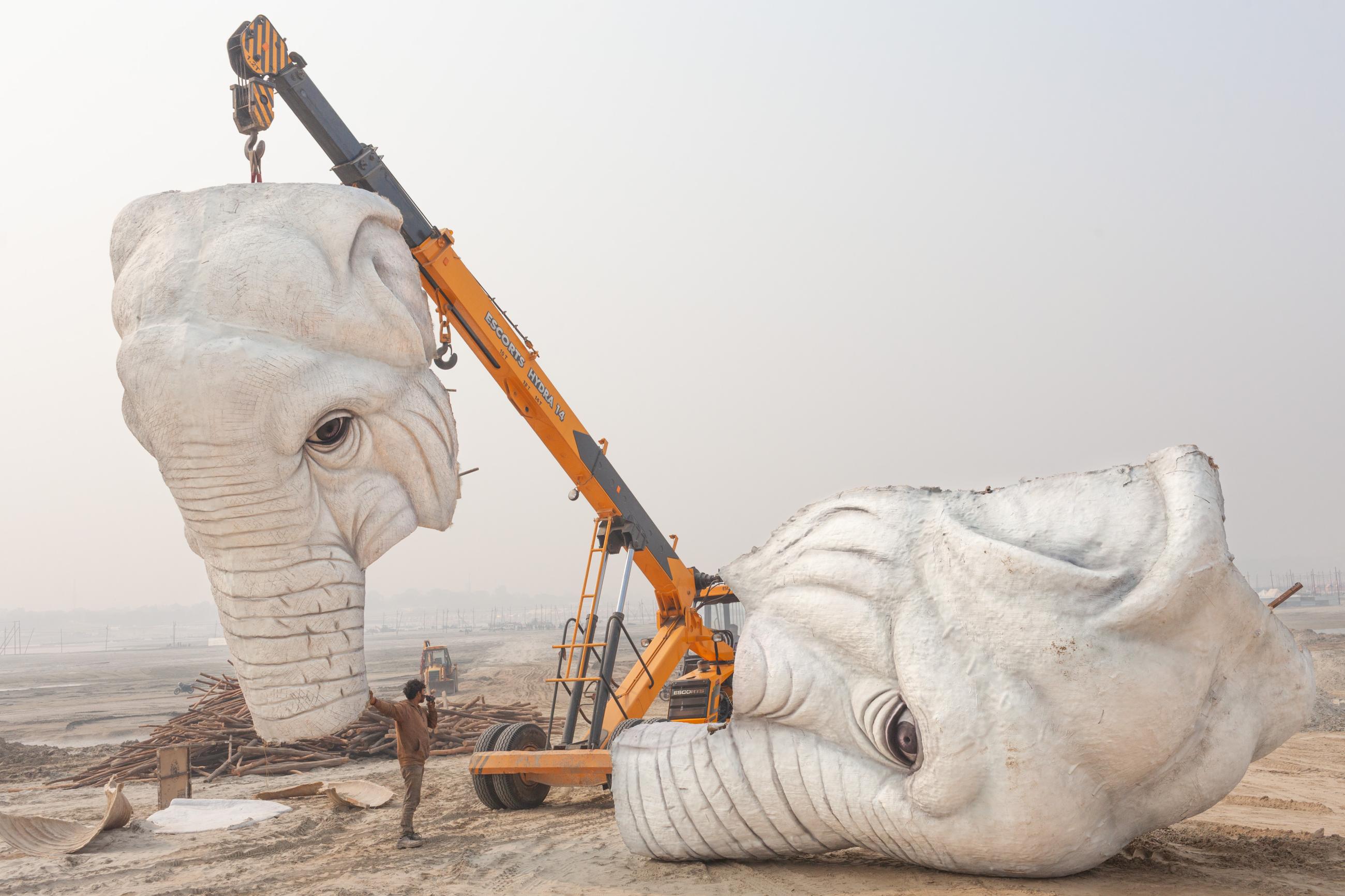
In this new series the World Photography Organisation will look at particular areas of your practice you might wish to develop. While shutting ourselves away from the outside world for the next few months is something out of our control, we'll be offering some articles on how you might want to use this time to explore new skills and gain a deeper understanding of your creativity.
The way we read photographs is changing, our engagement is steering away from the linear towards a more complex, self-reflective approach. Contemporary work tends to be less explanatory and often gives us clues for us to seek out and engage with so we take time to consider how the piece affects us.
Projects moving from the literal towards something less tangible are being accompanied more and more by text, be it prose, poetry, quotes or some other imaginative inclusion. Check out Ted Leeming and Morag Paterson's intriguing photobook Zero Footprint as an example. Rather than including descriptive captions underneath each image, the landscape photography duo printed the time, date and compass bearing relating to each shot. This decision made the project far more illuminating and thought-provoking for the viewer.
The success of the text is, of course, down to the creator's clarity on what the project is about and their competence as a writer. If you're new to this medium, you might find the pointers below helpful. The key is to keep writing, don't feel inhibited, continue to type and your voice will become clearer. We hope this list will also be of use when it comes to writing a website bio or entering photography competitions and it's mandatory to add an accompanying text.
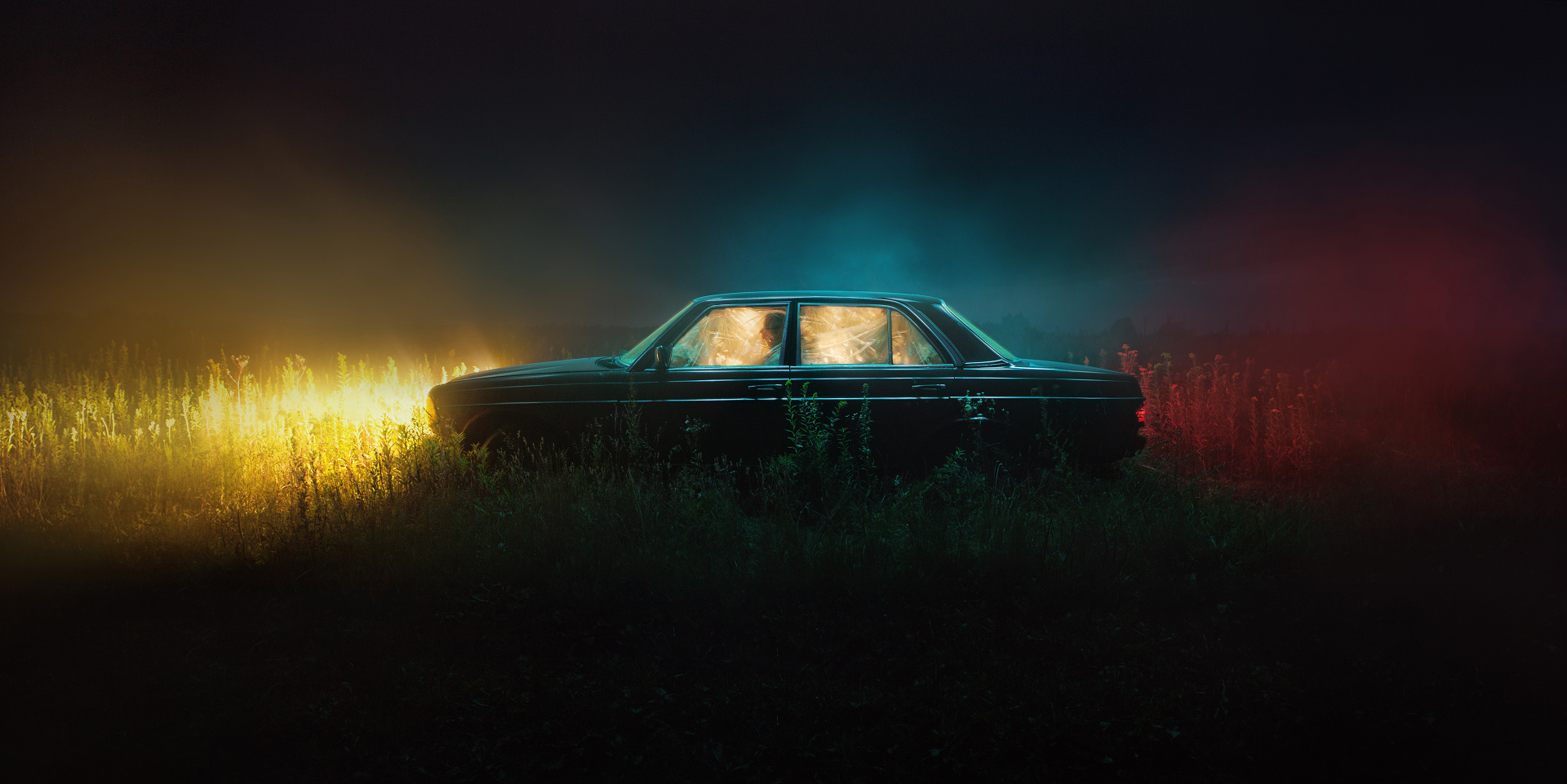
1. It's always best to be clear. Never use a long word where a short one will do and avoid any jargon – your readers will become lost and disinterested.
2. George Orwell's rules for effective writing is a great framework to refer to. You should be able to find this online through a quick search.
3. If you are finding it hard to write in your own words, consider using a quote that's impacted the project. It might be nice to mix those from classic and contemporary figures – a John Ruskin quote alongside one written by John Berger, for example. If your project is particularly personal, consider including quotes from your subjects.
4. Brainstorming before you write might help. You've then fully explored the idea - it will help those a little inhibited have more confidence in knowing where the piece is going.
5. Experiment with different forms of writing. Many photographers find Haikus a successful place to start. These short poems work visually alongside an image as well. To see how poetry and photography synthesise, learn more about Czech photographer Jan Svoboda. Initially, Jan used photographs to illustrate his poetry - he later made the camera his primary concern.
6. Try to not to be too ambitious - save the novel for another day.
7. Be totally clear on what your photo project is about. Both the images and writing need to grow from a strong concept and message.
8. Try to think of the writing and photography working in parallel. They are non-identical twins, if you like. Both elements should expand and enhance the other, not overshadow.
9. Don't feel like you have to rush this part of the process. Make sure you take regular breaks and let those ideas, sentences and phrases percolate through.
10. You always read differently from screen to print, so print out the text if you can. Changing the font might help, and don't forget to read the text out loud.
11. Once you're happy with the first draft leave it for a few weeks before rereading it. Consider showing it to others you trust. Objective feedback is valuable.
12. If you really aren't a writer and don't enjoy it, think about somebody who is. Perhaps your project can become a collaborative piece.
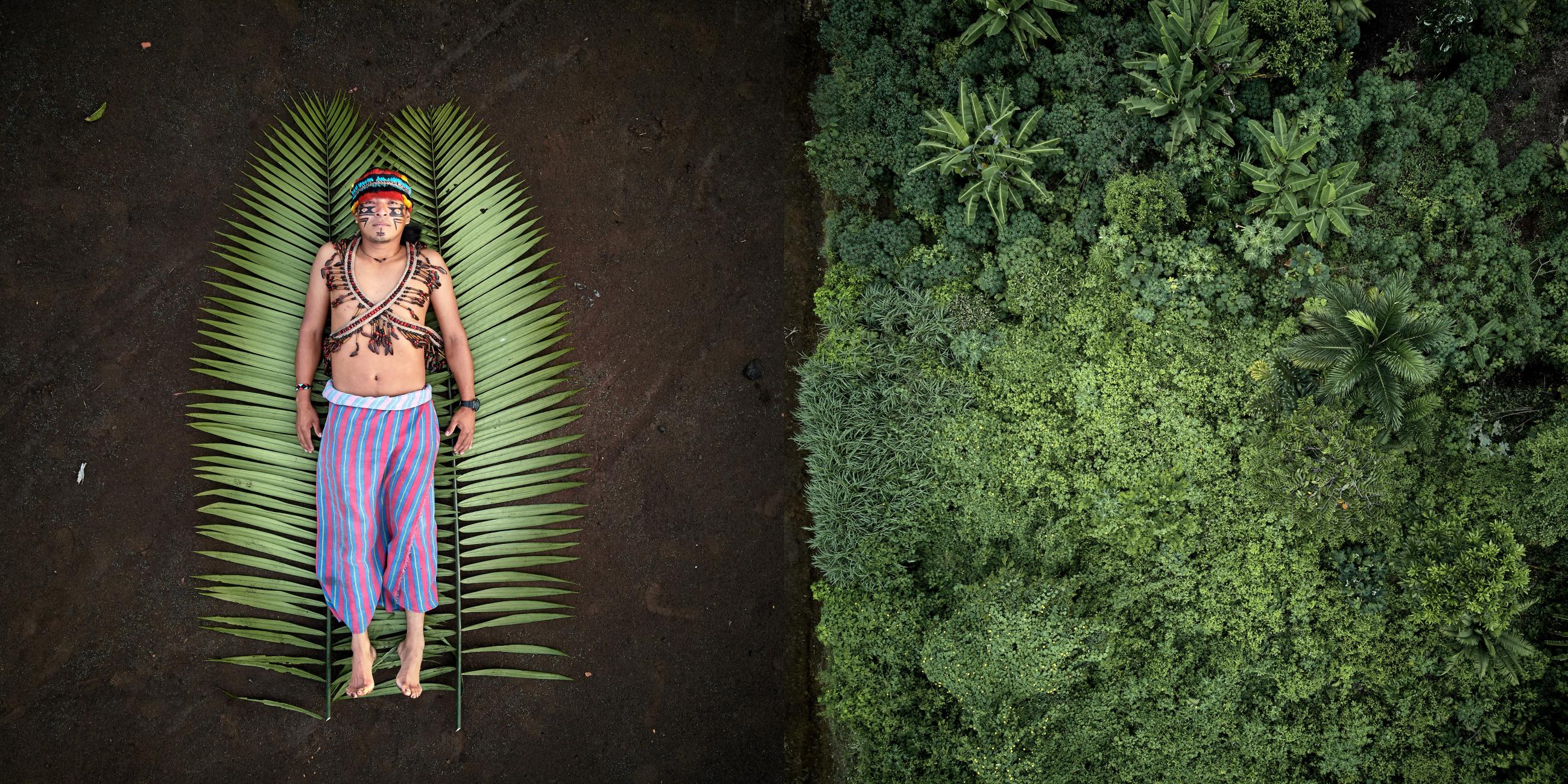
Stay connected, stay inspired, keep taking pictures. We're running portfolio reviews throughout April. To gain feedback on your current project register here. Discover our varied programme of free, online events and resources to ensure you keep pressing the shutter by clicking here. We'll be updating the page over the next few weeks.







